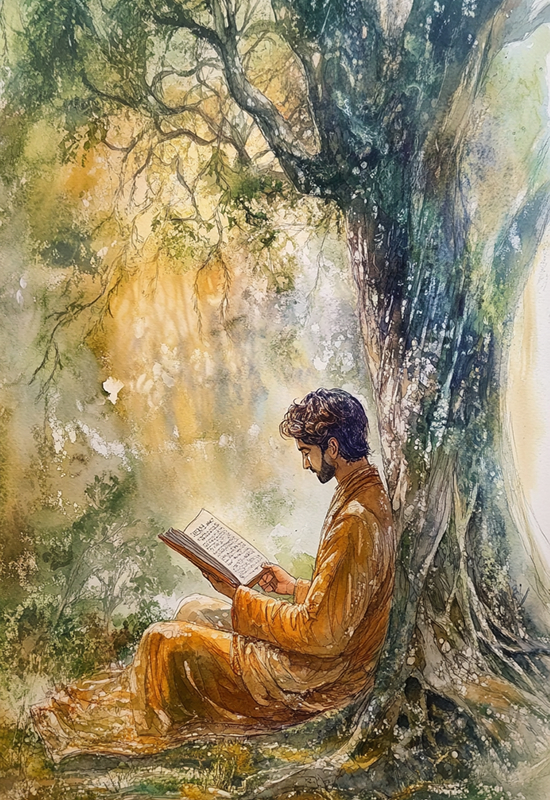Today there is a greater awareness about the significance of Indian traditions in solving human problems. There is an increased interest globally in engaging with and reflecting on Indian knowledge systems as an important part of global knowledge systems. In India, the knowledge produced by Indians over millennia has gained the attention of scholars for the past 5 decades under different names.
Indian knowledge systems (IKS) has become an umbrella term to engage and formulate questions about the world and human beings. The IKS and Heritage Association has recently initiated a long-term program to support and nurture the young generation scholars who are interested in various domains of IKS. We call this program DIIKSHA (Doctoral Initiative of IKS and Heritage Association).


The IKS and Heritage Association (IKSHA), a section-8 company (non profit organisation), is a professional body of IKS scholars committed to advancing the study and integration of Indian Knowledge Systems (IKS) within academia and beyond. IKS represents India’s vast body of knowledge, encompassing disciplines such as science, technology, philosophy, arts, and cultural practices and so on. The Doctoral Initiative of IKSHA (DIIKSHA) is a fellowship program designed to fund innovative research proposals for PhD and post-doctoral projects focused on IKS. This initiative aims to cultivate a community of scholars who will deepen the understanding, preservation, and dissemination of IKS through rigorous and impactful research.
To accommodate diverse applicant profiles, DIIKSHA offers three streams for PhD fellowship applications and two streams for Post-Doctoral fellowships.
All applicants must demonstrate a strong commitment to IKS and the ability to conduct rigorous research.
DIIKSHA invites proposals exploring any facet of Indian Knowledge Systems, including:
Proposals that integrate IKS with contemporary research approaches or address interdisciplinary questions are especially encouraged.
DIIKSHA provides comprehensive financial support as follows:
The stipend is a consolidated amount covering HRA and research-related costs. The contingency grant excludes travel expenses, which are separately funded for conference and workshops (organised by IKSHA) participation.
Kindly submit your application to DIIKSHA through diiksha@theiksha.org Proposals are reviewed quarterly in March, June, September, and December, with decisions communicated within two months of each review.
Approved projects must commence within six months, as mutually agreed.
All documents must be:
Proposals will be evaluated based on:
The evaluation process involves a rigorous peer review by IKSHA’s internal committee, with external experts consulted as needed.
Applicants may be required to revise their proposals or provide additional details based on reviewer feedback.
Recipients, designated as “DIIKSHA Research Fellows,” are expected to:
PhD Milestones (adjusted for lateral entry):
Post-Doctoral Expectations:
DIIKSHA Research Fellows will receive:
DIIKSHA does not support: